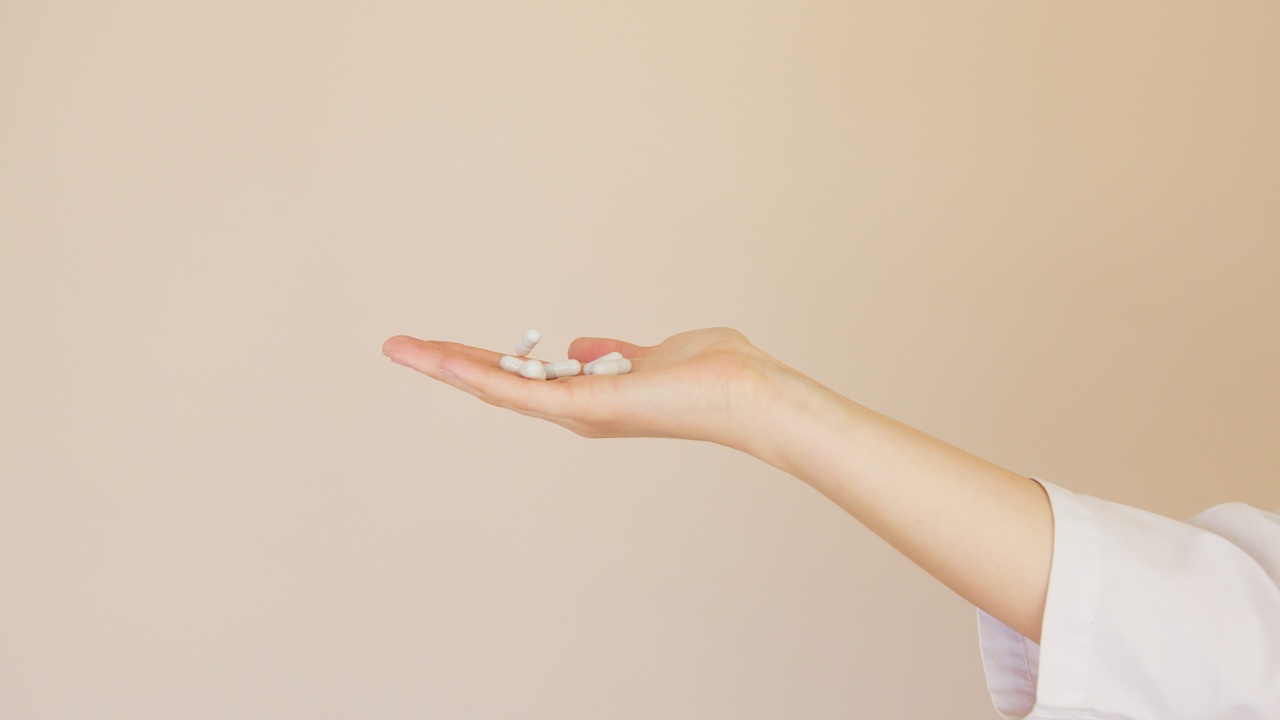When it comes to healing burns, one might not immediately think of Vitamin D as a solution. However, scientific evidence has shown that this essential vitamin plays a crucial role in the healing process.
In this article, we will explore how Vitamin D promotes the healing of burns and why it is important for individuals with burn injuries to maintain adequate levels of this nutrient.
The Role of Vitamin D in Wound Healing
Vitamin D is a fat-soluble vitamin that is primarily known for its role in bone health and improving calcium absorption.
However, research has shown that it also has significant anti-inflammatory and immunomodulatory properties, which are crucial for wound healing.
When the skin is burned, a complex series of events takes place to initiate the healing process. The body’s immune system is activated, and inflammatory responses are triggered.
These processes are necessary to remove damaged tissue, control potential infection, and promote the formation of new blood vessels and skin cells.
Vitamin D acts as a regulator in this intricate process. It helps to modulate the immune response and reduce excessive inflammation, which can delay healing.
Additionally, Vitamin D regulates the production and differentiation of various immune cells, such as macrophages and T-cells, which are essential for efficient wound healing.
Promoting Collagen Production
Collagen is a key protein responsible for the structure and strength of our skin. During the healing process, the production of collagen is vital to repair the damaged skin tissue.
Studies have shown that Vitamin D plays a crucial role in promoting collagen synthesis.
Research indicates that Vitamin D stimulates the activity of collagen-producing cells called fibroblasts. It also enhances the gene expression of collagen-related proteins, promoting proper wound closure and reducing scar formation.
By ensuring an adequate supply of Vitamin D, individuals with burns can accelerate collagen production and enhance the overall healing process.
Enhancing Antimicrobial Activity
Infections can pose a significant threat to burn patients. Vitamin D has been shown to enhance the innate immune system’s capacity to fight against pathogens, including bacteria and fungi.
Through various mechanisms, Vitamin D boosts the production of antimicrobial peptides, which are natural substances that combat microbial invasion.
These antimicrobial peptides help to control infection at the burn site, promoting faster healing and reducing the risk of complications.
Reducing Pain and Inflammation
Burn injuries are often accompanied by severe pain and inflammation, which can impede the healing process. Vitamin D has been found to possess analgesic properties and can help alleviate pain associated with burns.
Furthermore, Vitamin D acts as an immunomodulator, reducing the production of pro-inflammatory cytokines while increasing anti-inflammatory cytokines.
This balance helps to calm the inflammatory response, providing relief from pain and effectively promoting healing.
Optimizing Vitamin D Levels
Adequate levels of Vitamin D are crucial for burn patients to maximize the healing process. However, it is important to note that excessive or deficient levels of this vitamin can both negatively impact wound healing.
The ideal way to optimize Vitamin D levels is through a combination of safe sun exposure and dietary sources. Spending a few minutes in the sunlight each day without sunscreen can help the body produce Vitamin D.
Additionally, consuming foods rich in Vitamin D, such as fatty fish (salmon, mackerel), fortified dairy products, and egg yolks, can contribute to maintaining sufficient levels.
Supplementing Vitamin D
In some cases, dietary sources and sun exposure may not provide adequate amounts of Vitamin D. In such instances, healthcare providers may recommend Vitamin D supplements to ensure optimal levels.
It is essential to consult a healthcare professional before starting any supplementation regimen to determine the appropriate dosage and duration. Since excessive Vitamin D intake can lead to toxicity, careful monitoring and guidance are necessary.
Conclusion
Vitamin D plays a vital role in the healing of burns.
Its anti-inflammatory properties, promotion of collagen production, enhancement of antimicrobial activity, and pain reduction capabilities make it an essential nutrient in the treatment and recovery process.
Individuals with burn injuries should ensure they maintain optimal Vitamin D levels through safe sun exposure, dietary choices, and potential supplementation under professional guidance.
By harnessing the power of Vitamin D, burn patients can support their bodies in healing more efficiently and effectively.































